Why we need the nostalgic healing power of Gavin and Stacey now more than ever
After the Christmas revival of Gavin & Stacey hit many as 17.1 million viewers, Kelly Parnell takes a look at how nostalgic TV could actually be good for our mental health, and why it's exactly what the nation needs...
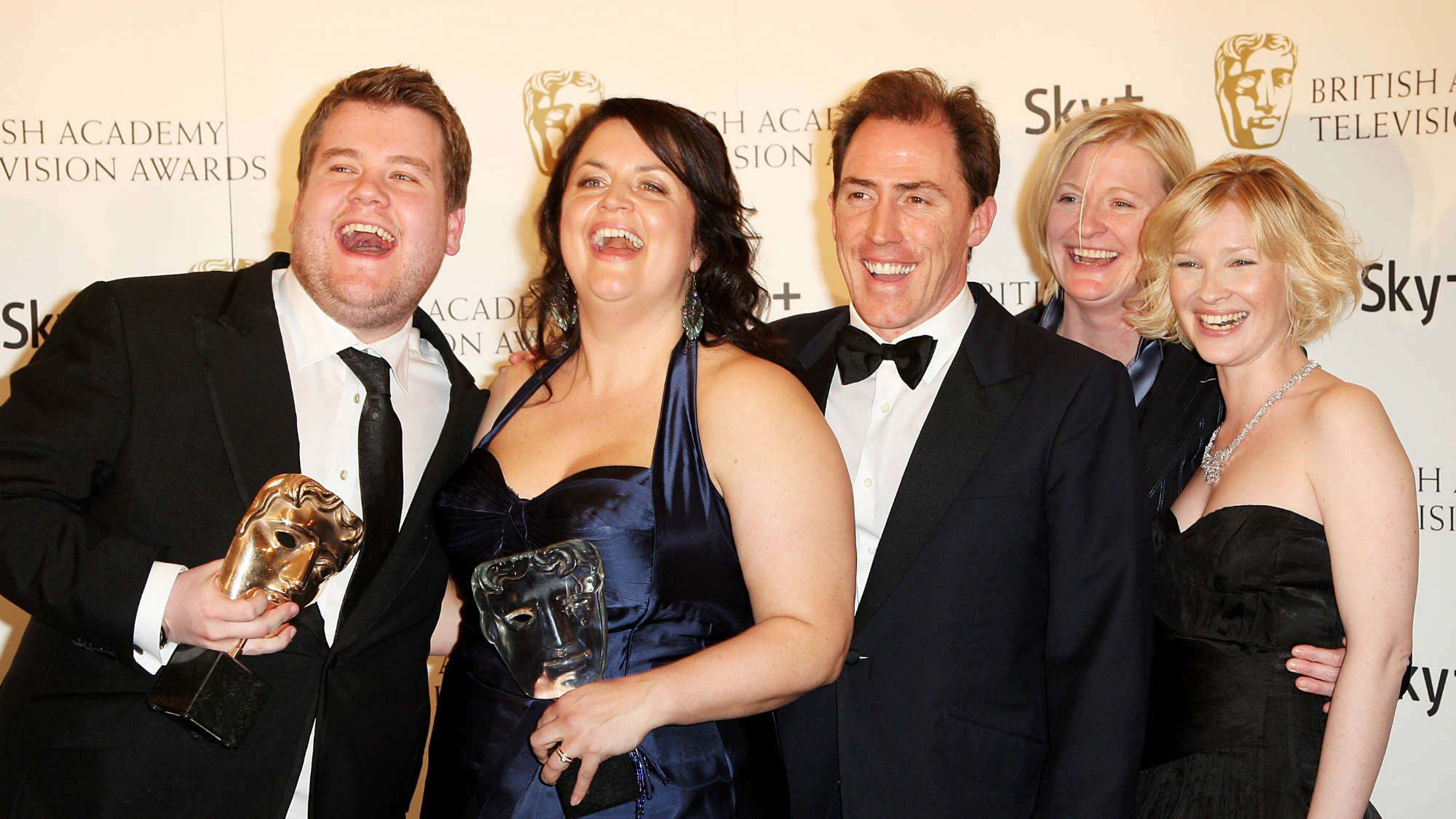
After the Christmas revival of Gavin & Stacey hit many as 17.1 million viewers, Kelly Parnell takes a look at how nostalgic TV could actually be good for our mental health, and why it's exactly what the nation needs...
It was, as they say in Barry, lush. And thanks to the gobsmacking success of the Gavin & Stacey Christmas Special, we can expect to see much more of Ruth Jones and James Corden’s brand of feel-good humour on our screens (and possibly even more Gavin & Stacey, since co-creators Ruth Jones and James Corden have confirmed they're 'open' to the possibility of a new series).
The recently-released viewing figures are enough to silence even Uncle Bryn – Gavin & Stacey just hit 17.1 million viewers and become the UK’s most watched comedy in 17 years.
But if you ask me, it’s as much about our collective desire to watch something that makes us happy, as it is the genius of Jones and Corden.
Don’t get me wrong, Gavin & Stacey was and still is, brilliant – a lovely, uplifting, laugh-out-loud, life-affirming, sing-a-long-a romp as good as its first season 12 years ago.
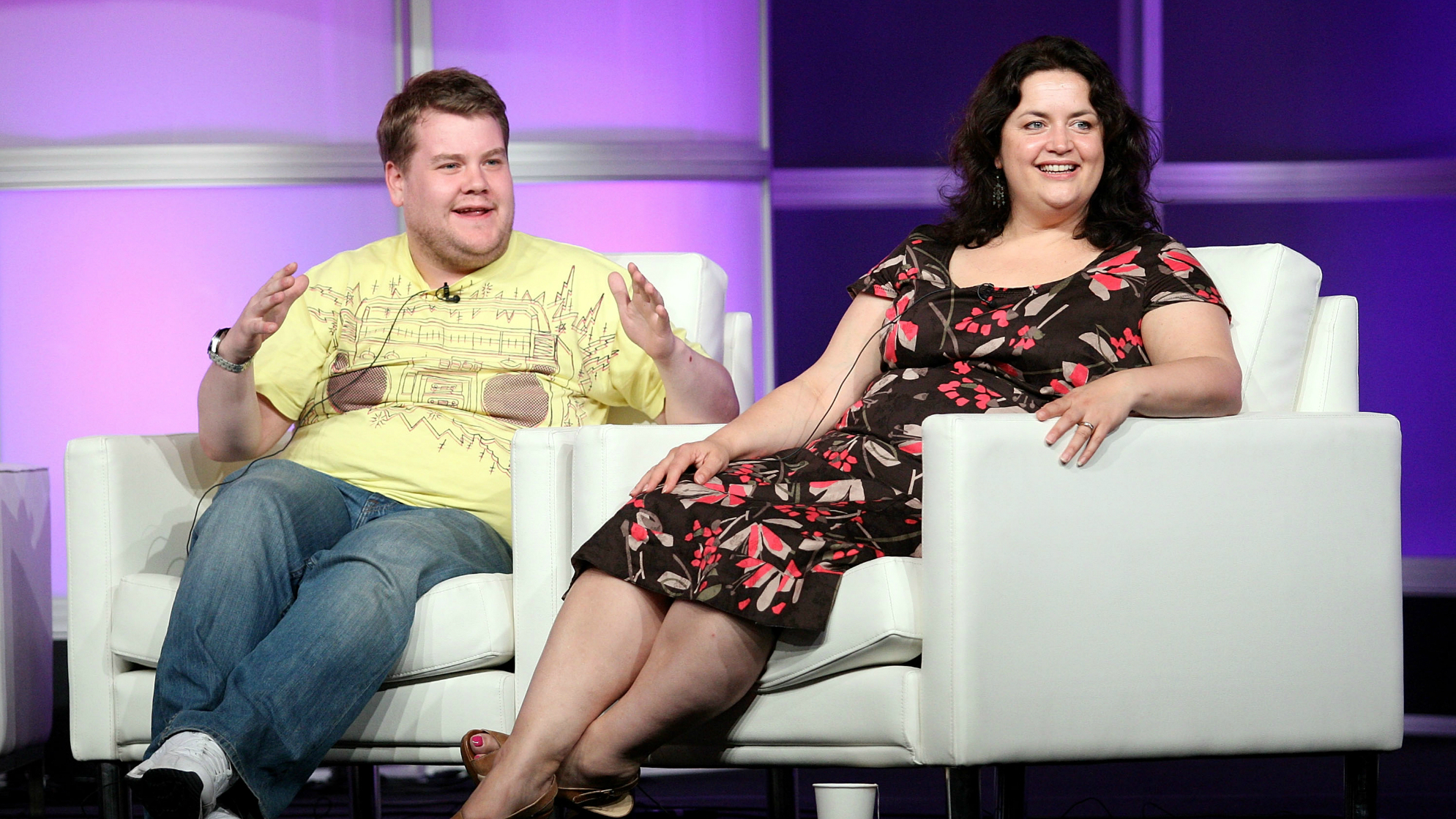
But it’s not the best comedy in 17 years, it’s more the most desperately-needed comedy of the year.
It comes at a time when we’re all on our knees post-Brexit, when our daily social media interaction involves people screaming abuse at each other for their opposing views and everyone is feeling more polarised than ever. It’s exhausting and dispiriting.
Marie Claire Newsletter
Celebrity news, beauty, fashion advice, and fascinating features, delivered straight to your inbox!
So to be allowed to watch something that feeds our nostalgia for a time when things felt more simple and well, silly, felt like the ultimate mindfulness medicine – a salve for our shrivelled souls. While the show didn't escape completely unscathed (use of the word 'faggot' during a rendition of The Pogues' Fairytale of New York drew criticism) watching Smithy and Gavin do their cute little dance on the doorstep, and Pete and Dawn croon crazy ballads felt like going back to a time when we weren’t slaves to our smartphones, when we were just happy. After all, when Gavin & Stacey first started in 2007, we weren’t all live-tweeting our reactions – we'd wait until we went to work the next day to recite the gags with our colleagues. Ah, the age of comedy innocence.
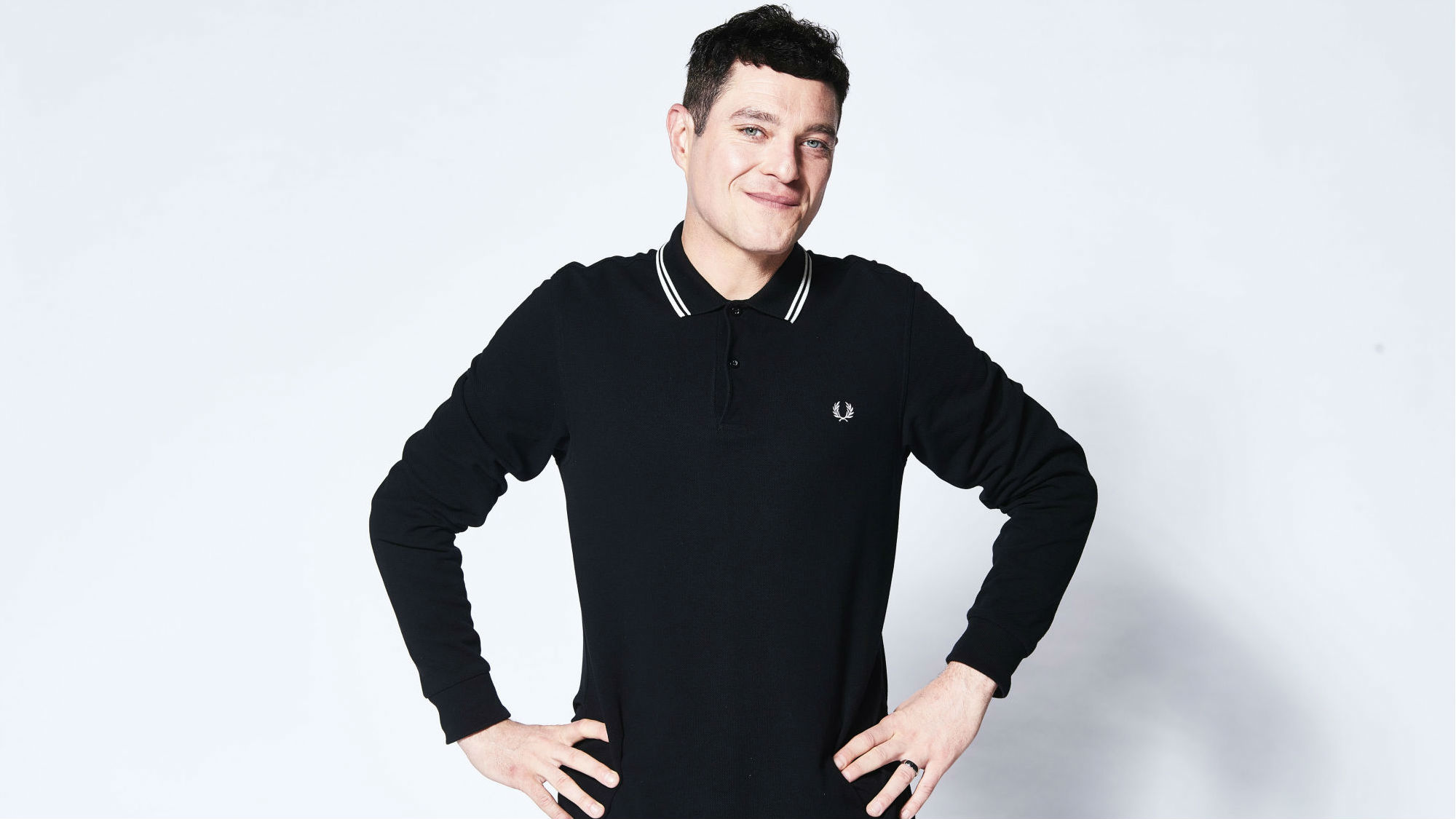
It felt like being gifted the ghost of comedy past – a precious piece of television history that went down as well as a Mint Bailey’s. And we need more of it – more life-affirming stuff that cheers us all up.
Meanwhile, you don’t have to be a media studies professor to predict that pound signs are flashing in the corridors of the BBC right now. In fact TV executives everywhere will be looking to cash in on the Gavin & Stacey effect – so we can expect to see uplifting comedy appearing on everything from Netflix to ITV. Even Corden critic Ricky Gervais’ latest outing After Life, that flips from some of the darkest TV possible to the meaning of life, was the most-watched comedy and second most-watched series on Netflix UK in 2019.
It’s good news for Gavin & Stacey fans and everyone else, because it turns out all this nice stuff is good for our mental health.
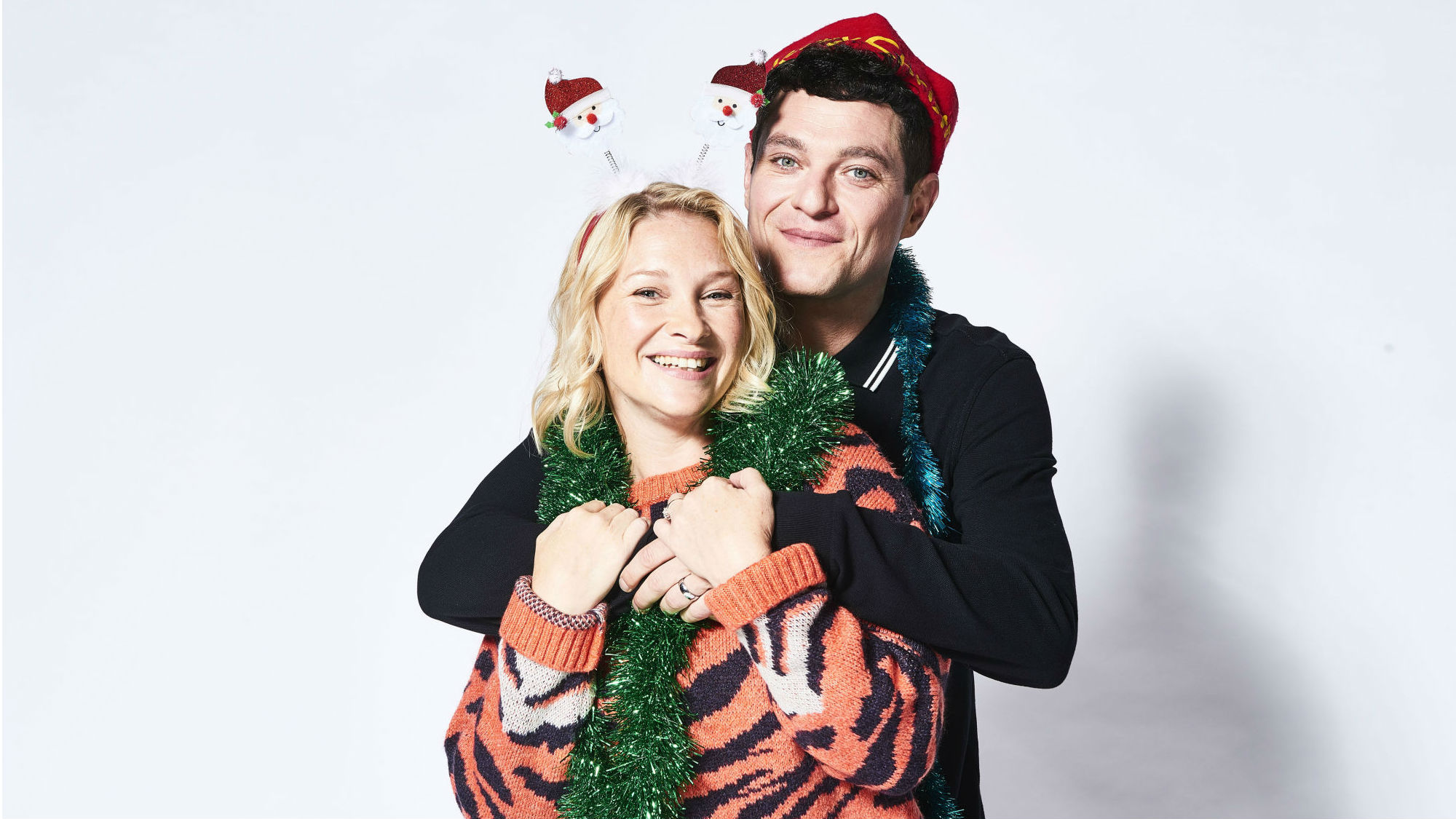
Psychology professor Constantine Sedikides from the University of Southampton, says nostalgia “elevates mood, self-esteem and a sense of connectedness” and “increases meaning in life”.
In the decade since Gavin & Stacey last aired, most of us have had life-changing experiences, notes TV and media psychologist Charlotte Armitage, which makes it even more poignant to revisit. “Watching a TV show that we watched regularly before life became complicated, provides us with the comforting sense of nostalgia. It essentially transports us back to a time which seemed much simpler and possibly happier than it might do now,” says Charlotte. And there’s nothing wrong with that.
“Television has always been used as a form of escapism. Watching our favourite shows encourages the release of dopamine in the brain: dopamine is one of the neurotransmitters that is responsible for making us feel good, hence why watching our favourite film or TV show makes us feel happy.
“On a practical level, ensuring that there is balance in life is a protective factor against mental illness and therefore taking time to enjoy entertainment is a healthy form of relaxation which is necessary for our wellbeing,” she says.
As Nessa would say, “Crackin’.”
The leading destination for fashion, beauty, shopping and finger-on-the-pulse views on the latest issues. Marie Claire's travel content helps you delight in discovering new destinations around the globe, offering a unique – and sometimes unchartered – travel experience. From new hotel openings to the destinations tipped to take over our travel calendars, this iconic name has it covered.
-
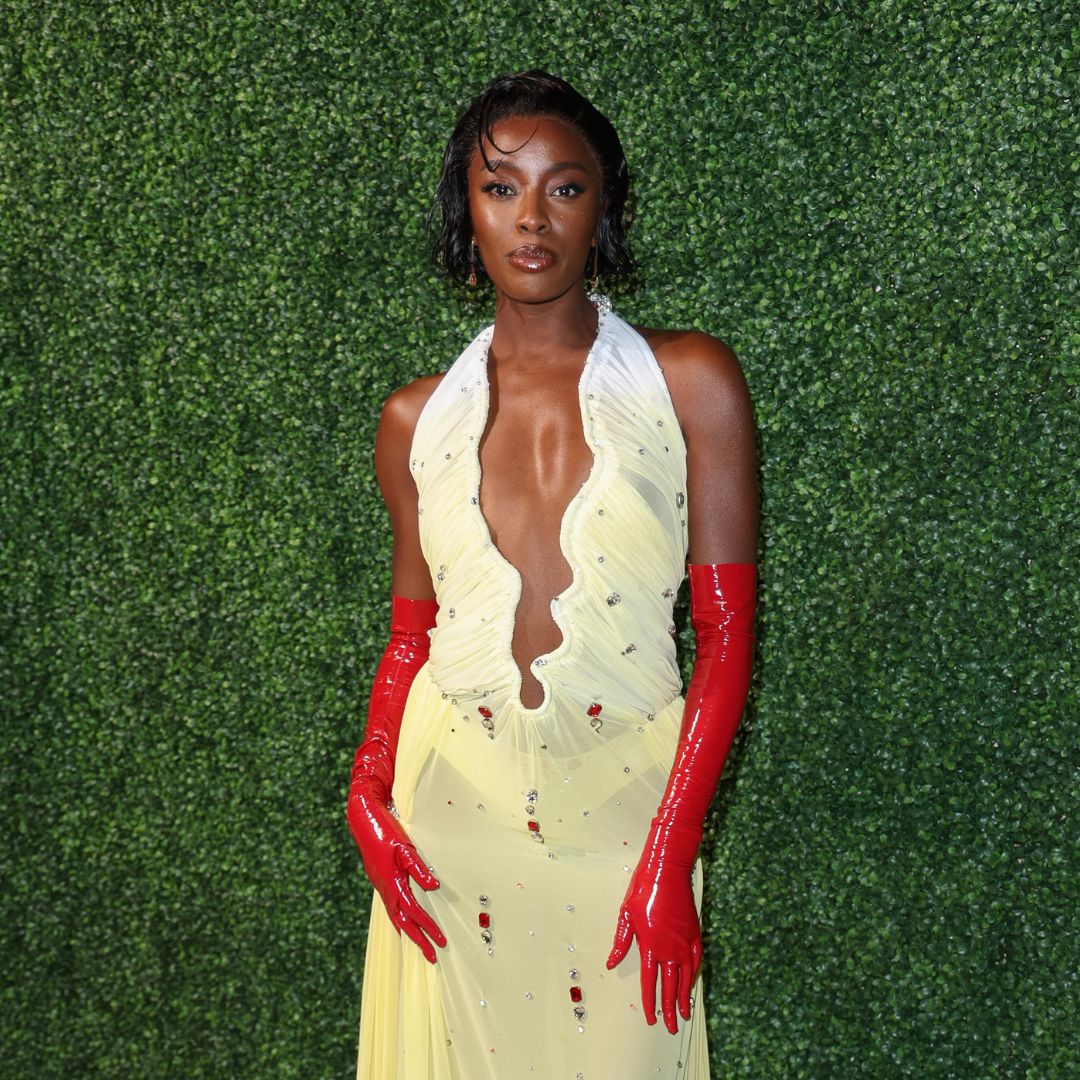 Anatomy Of A Wardrobe: TV presenter AJ Odudu is carving out her own lane, one show-stopping look at a time
Anatomy Of A Wardrobe: TV presenter AJ Odudu is carving out her own lane, one show-stopping look at a timeWatch as we take an exclusive look inside AJ's wardrobe
By Lily Russo-Bah
-
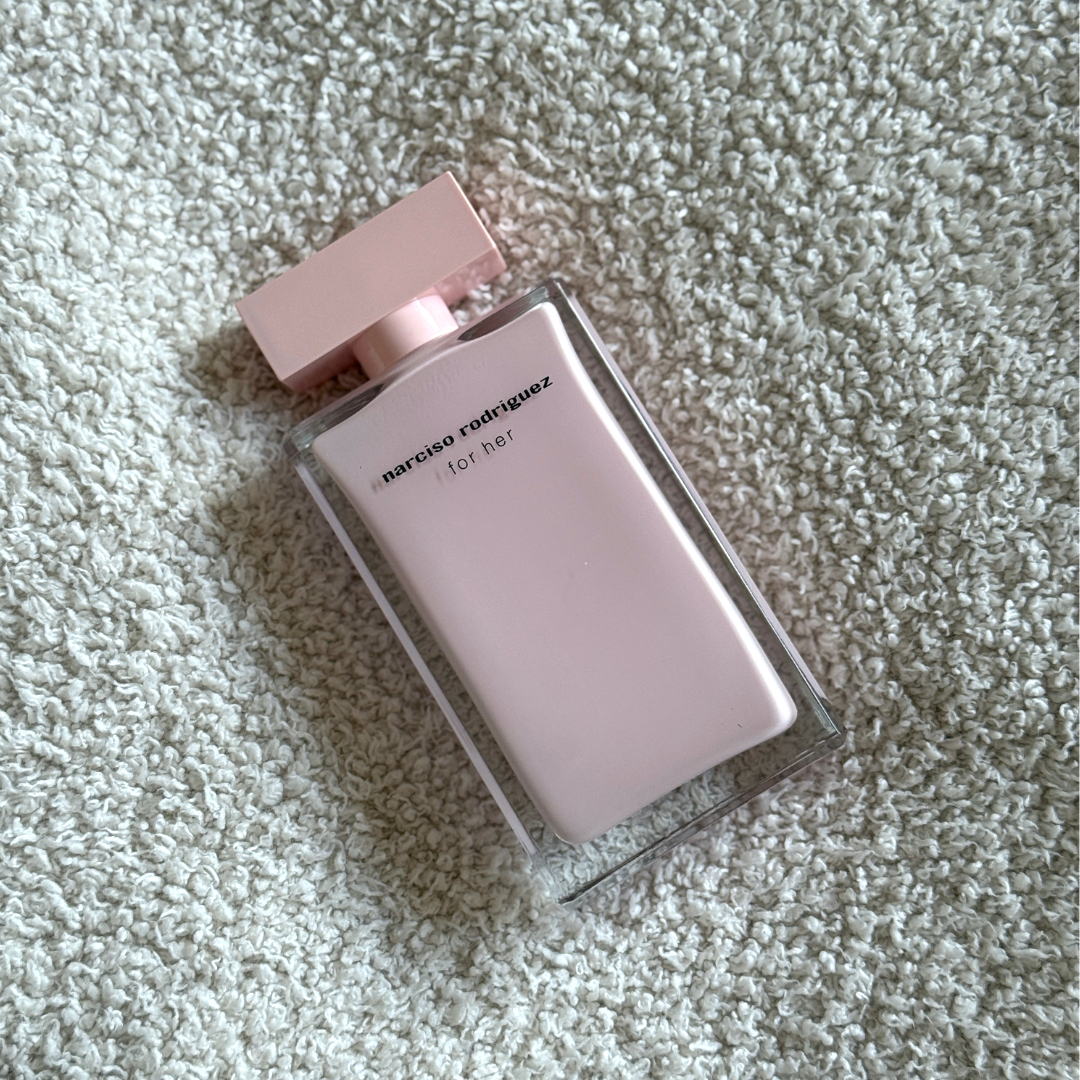 This perfume has been an icon for over 20 years, and for good reason—it’s soft, elegant, and oh so feminine
This perfume has been an icon for over 20 years, and for good reason—it’s soft, elegant, and oh so feminineFeminine but not *too* sweet
By Lucy Abbersteen
-
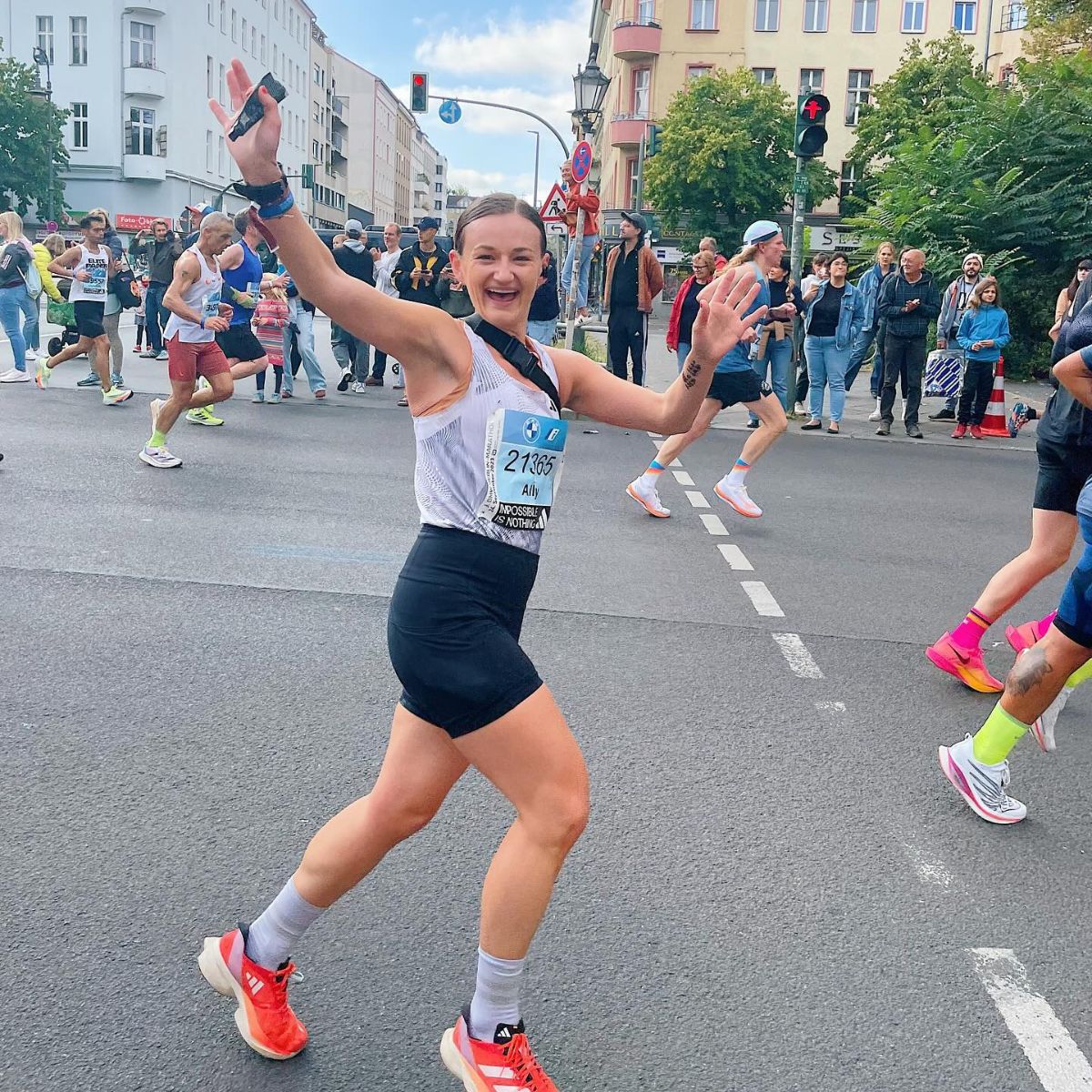 Got marathon fever? Trust us: these 12 running accessories will make any distance more manageable
Got marathon fever? Trust us: these 12 running accessories will make any distance more manageableOnce you try these, you won't look back.
By Amelia Yeomans